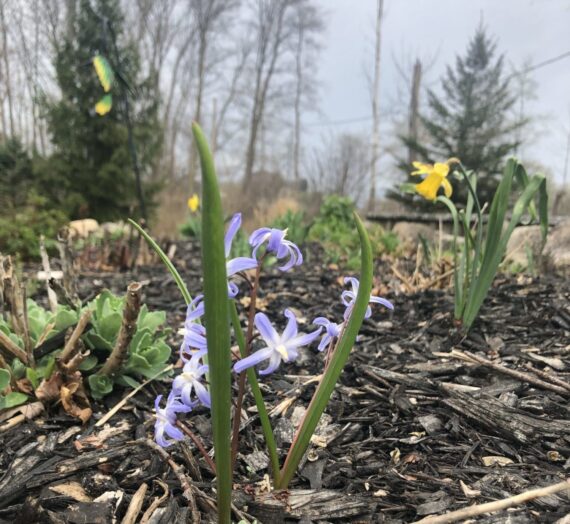The Difference
The words home and hone catch my attention whenever I hear a speaker use them because I’m not always sure they’re using them correctly. People often interchange the words hone and home, or simply use one exclusively and never the other. We lose something, though, if we fail to appreciate the unique and complementary intentions behind these words.
At the risk of losing the attention of some, let’s discuss the use of each word to better understand how we should use them with the goal of seeing their potential for life-changing impact. To do that, we’ll home in on my thinking process as I parsed out these two words in an attempt to hone my understanding of them and discover their application in my progress toward perfection in the form of focused improvement.
Understanding the official distinction between hone and home is an important first step.
To home in on something is to aim toward it with great accuracy. Homing in means you focus your attention on, concentrate on, zero in on, center on, fix on, etc. a specific goal.
To hone something is to sharpen it. Honing is refining or perfecting something, such as your skills or knowledge in a certain area, over a period of time. To hone means to make more acute, intense, or effective.
Some, largely because they sound similar, use hone in and home in interchangeably. Their close definitions and context probably add to this exchange. For example, when you want to hone something, you focus (or home in) on it. In other words, you concentrate on it with intensity and focus. Instead of separating these, then, many simply say “hone in” and cover both with one word. So, if you accept this exchange simply because it’s somewhat widely used, you can either hone in or home in on something.
However, according to a usage note in The Free Dictionary, “hone in” is often seen as a mistake. Instead, “home in” or “zero in” are more widely accepted when talking about moving toward a goal. Incidentally, the autocorrect on my word processing program seems to agree with this assessment and suggests “home in” as a replacement for “hone in.”
Home in and hone do overlap since honing something requires that you home in – or focus – on it. Even though you home in, though, you don’t necessarily hone. My preference is to appreciate this overlap but to keep the usage separate because both words are essential aspects in our progress toward perfection.
Homing
Focusing on or directing your intention toward something – homing in – is good if it’s directed toward the right things. With that, it’s important to realize that you can do good things that aren’t necessarily the right things.
Focus determine reality. What you home in on determines the direction of your life. Homing in on the right things directs you to hone that which is essential for your spiritual, mental, physical, and social growth. For the Christian, this means planning your way but allowing the Lord to direct your steps (Proverbs 16:9).
Honing
You can, and should, hone your skills. The specific skills one hones are highly individual to the person as they walk out God’s will for their lives. At the same time, we also have skills that we all need to hone in our quest of progress toward perfection.
As Christians, we want to hone our skills for studying God’s word. We want to increase in our knowledge of him, so we can become more effective in the Christian walk. Receiving and reaching for understanding results in wisdom and knowledge that cultivate justice, integrity, and protection (Proverbs 2).
Focused Improvement
As I home in on that which I am directed toward by the Holy Spirit, the areas I need to hone become clearer. This focused improvement begins and ends with God’s word. It requires consistent time studying scripture, checking any progress or setbacks against it, and discussing both in fellowship with other Christians.



